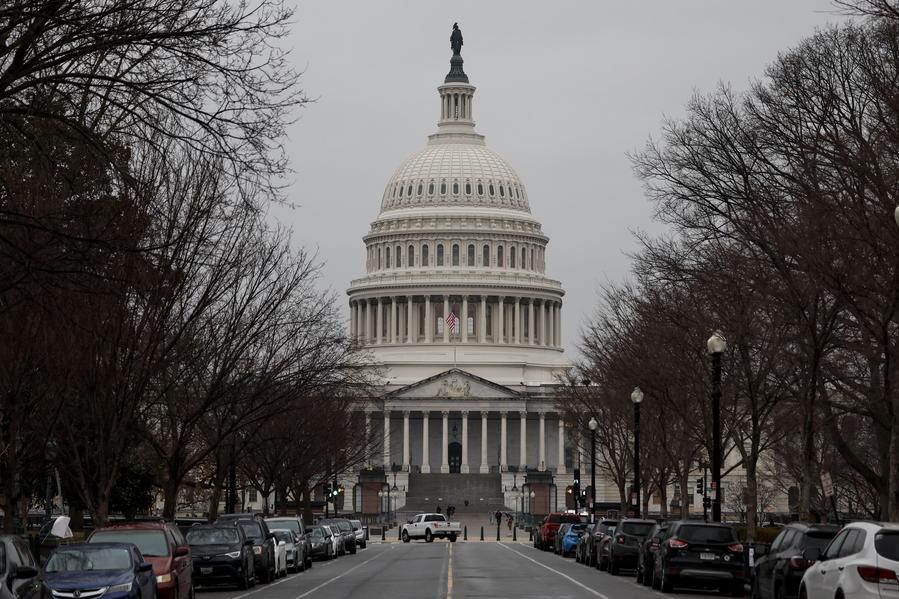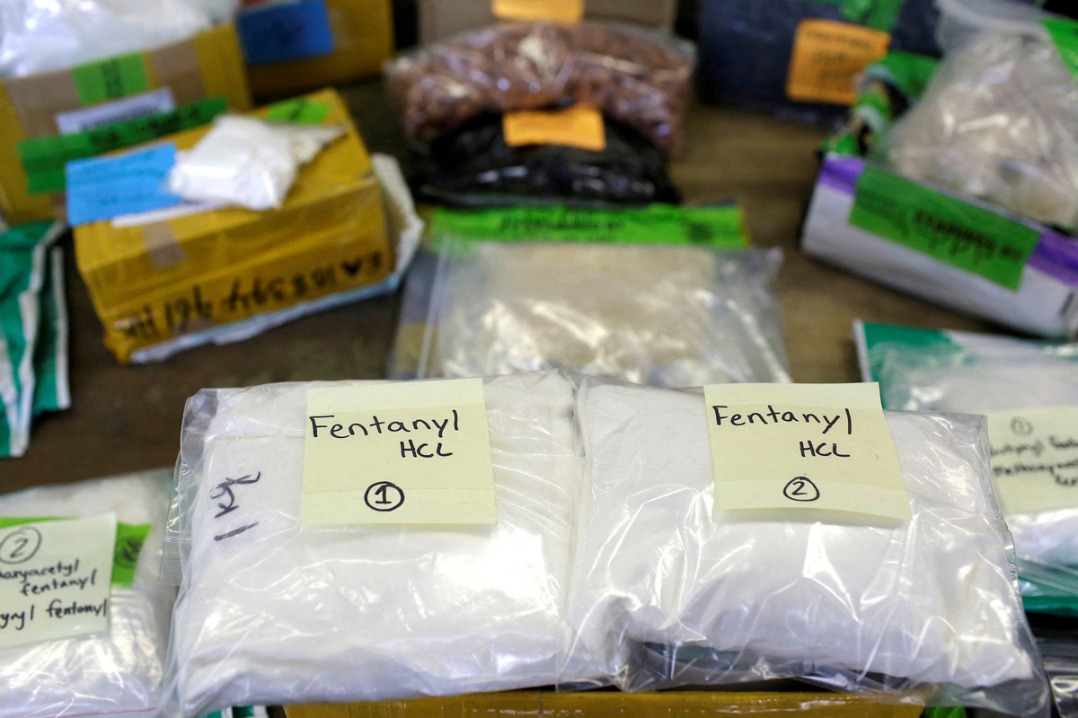Is hyperinflation coming to the US?


Hyperinflation appears to be coming to the US, and soon. The price of cocoa has signaled this by rising sharply, and Simon White of Bloomberg contends the sudden jump in cocoa price prefigures a corresponding increase in silver prices.
But even before this jump in cocoa prices, the US dollar had already begun to show signs of weakness as a global reserve currency vis-à-vis other currencies. Weakness in the dollar can itself be a signal that inflation, if not hyperinflation, is coming in the months ahead.
Thanks to commentators such as Dave Janda (January 8, 2024), Tyler Durden of ZeroHedge (December 15, 2023)—and writers for the SGT Report and the X22 Report (December, 2023)—we also know that the Federal Reserve Bank (the Fed) harms the average American citizen through inflation. According to these intellectuals, the Fed has been doing this in three principal ways.
First, the Fed treats the dollar as a form of debt upon which American taxpayers must pay interest. Is there evidence of this? Yes, you can just look at the top of each newly printed US one-dollar bill and see that it states in capitol letters, "FEDERAL RESERVE NOTE." What this means is that each US dollar is not an asset at all but instead "a promissory note" upon which Americans must pay interest. This is a form of inflation that silently eats away at all savings and retirement accounts held by Americans.
Second, private central banks throughout American history have been using a distribution pattern for newly printed bills that cheat the average American. The sequence that operates inside the United States is as follows. Any new dollar bills printed by the Fed are distributed first to the New York banks that sent representatives to Jekyll Island in 1911 to write US legislation that created the Fed. After that, the new dollars are distributed by the Fed to wealthy individuals and top US government officials. Later, they are distributed to US corporations and other banks. Only after traveling this elongated path does any of the new money reach the average American citizen in the form of wages for past work performed (upheld in Supreme Court case of McCulloch vs. Maryland, 17 US 316, 1819).
What this means is that by the time any new money reaches the American middle class, working class, and underclass, it will have become greatly reduced in value due to the cumulative effects of inflation at every step along the way. This form of harm to everyday citizens was demonstrated by French-Irish economist Richard Cantillon who first explained in 1755 how all newly created currency initially delivers greater value to the upper class—the elites—than to the average citizen who receives the new money much later in time.
Third, the Western elites who control the Federal Reserve know beforehand when to buy stocks and when to sell them, depending on whether they will soon be stimulating the economy or slowing it down. In contrast, the average American does not even hear about these changes in policy until after the fact.
With such differential and invisible outcomes, the impact of inflation is little understood but found increasingly worrisome by the average American.
To demonstrate how inflation has begun to impact US citizens in their daily lives, the prices of food, gasoline and rent have already started to rise. As reported by Tyler Durden of ZeroHedge on February 21, 2024: "Food spending's share of disposable income hits the highest level in three decades." Increases in the prices of food, gasoline and rent constitute another way of imposing inflation on Americans, slowly but surely.
Taken together, the broader implication for inflation seen in the sudden jump in the prices of cocoa, silver and other commodities can have far greater implications for households—with the combined effects potentially proving hyperinflationary.
Gregory K. Tanaka, formerly a law school dean and bank president, is the author of Systemic Collapse and Renewal: How Race and Capital Came to Destroy Meaning and Civility in America and Foreshadow the Coming Economic Depression (New York: Peter Lang Publishing). He has published 70 articles and essays on capitalism, democracy, and social change.
The views don't necessarily reflect those of China Daily.


































